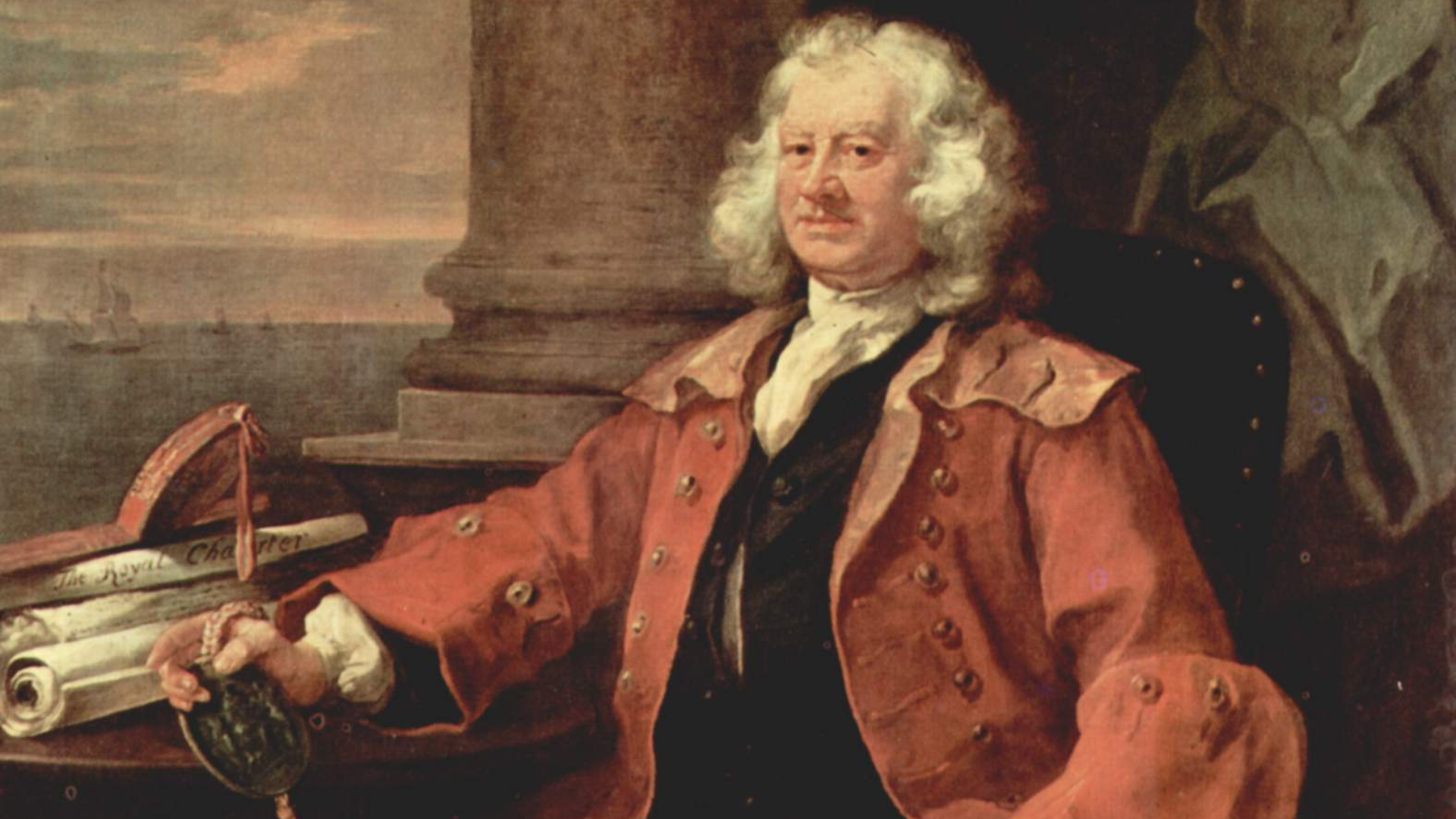In 1935, my mother found herself pregnant, destitute and totally alone. When I was three months old, she gave me up to the Foundling Hospital, founded by Thomas Coram in 1739 to care for illegitimate babies.
The heartbreak my mother must have felt at having to part with her baby would have been horrendous. But the social stigma that unmarried mothers faced meant she had no choice. When she went back to work after giving me up, the girls in the factory ridiculed and ostracised her. Nobody wanted to help her, not even her own family. This was the price she had to pay for her “mistake”.
Change a Big Issue vendor’s life this Christmas by purchasing a Winter Support Kit. You’ll receive four copies of the magazine and create a brighter future for our vendors through Christmas and beyond.
Life at the Foundling Hospital was very regimented with the boys dressed in the red and brown school uniform designed by the painter Hogarth in the 1700’s and the girls in brown dresses and white pinafores like those worn by domestic servants. Strange as it may seem, there was also a sense of loneliness. But despite the harshness of life in the Foundling Hospital and the lack of family love, the welfare of the children was second to none. Children enjoyed nutritious food and the best medical care available at the time.
One of the most important supporters of Thomas Coram was the composer Handel, a governor who presented the Foundling Hospital with a magnificent pipe Organ. Like many of the children experiencing the harsh environment of institutional life, I have never forgotten the uplifting of spirits as the sounds of this pipe organ reverberated high up in the vaulted ceiling.

Foundling Hospital and a musical legacy
Handel also left a musical legacy which had a beneficial impact on the children throughout Foundling Hospital’s 200-year history. Formal music education in the 1700s was the preserve of the elites so the Foundling Hospital was ahead of its time in teaching the children music. Music was something tangible that the children would enjoy, and it equipped them with tools that would benefit them therapeutically and practically for the rest of their lives.










